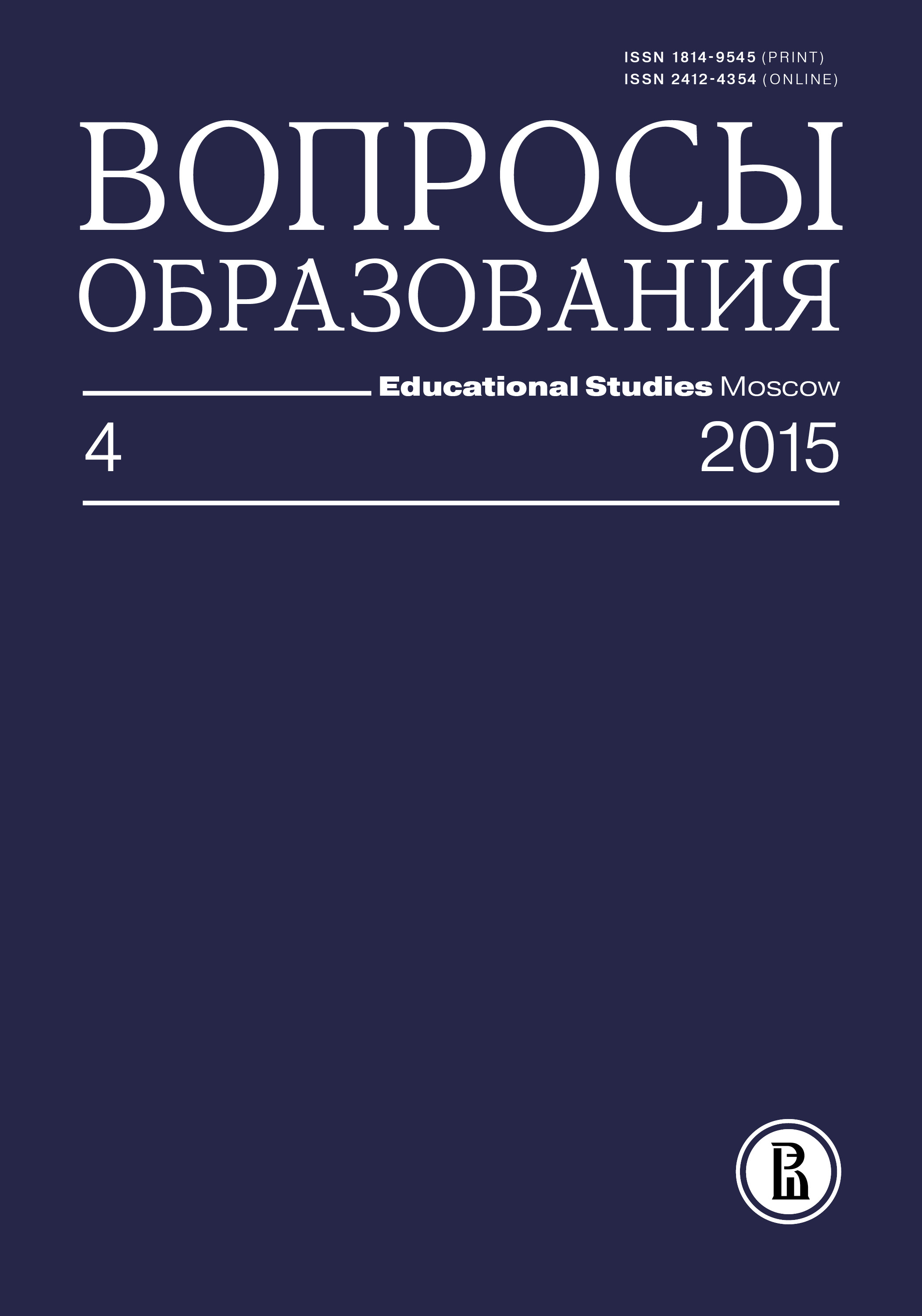Развитие речи и критического мышления у студентов в программах Бард-колледжа
Аннотация
Во многих странах мира, особенно в Восточной Европе и Азии, организаторы образования и учебные заведения сегодня обращаются к модели свободных искусств и наук, поскольку осознали ограничения традиционных дидактических методов — обучения, основанного на лекциях, механическом запоминании и жесткой дисциплине. В основании образования по модели свободных искусств и наук лежит педагогика, ориентированная на студента, т. е. педагогические практики и методы, которые побуждают студентов к активному исследованию, к индивидуальному высказыванию, к взаимодействию в группе — студентов, которые традиционно были пассивными реципиентами информации. Автор представляет одну из стратегий, применяющихся в Бард-колледже, в котором обучение построено по модели свободных искусств и наук, — программу «Язык и мышление». Она разработана с целью создать для преподавателя и студентов такую обстановку в аудитории, при которой процесс обучения становится интерактивным. Студентов побуждают к тому, чтобы задавать вопросы, строить предположения, активно вовлекаться в интеллектуальный поиск и сотрудничать друг с другом. Средством для такой организации работы в аудитории служат практики «написать, чтобы научиться». В программе «Язык и мышление» преподаватель не является монопольным обладателем знания, он ведет студентов, используя стратегии чтения и письма, к цели — формированию навыков владения речью и критического мышления.








